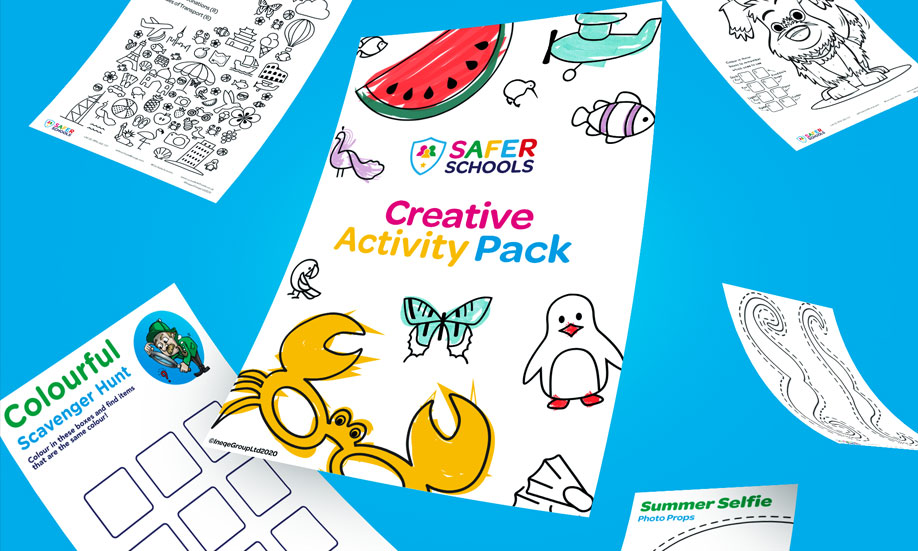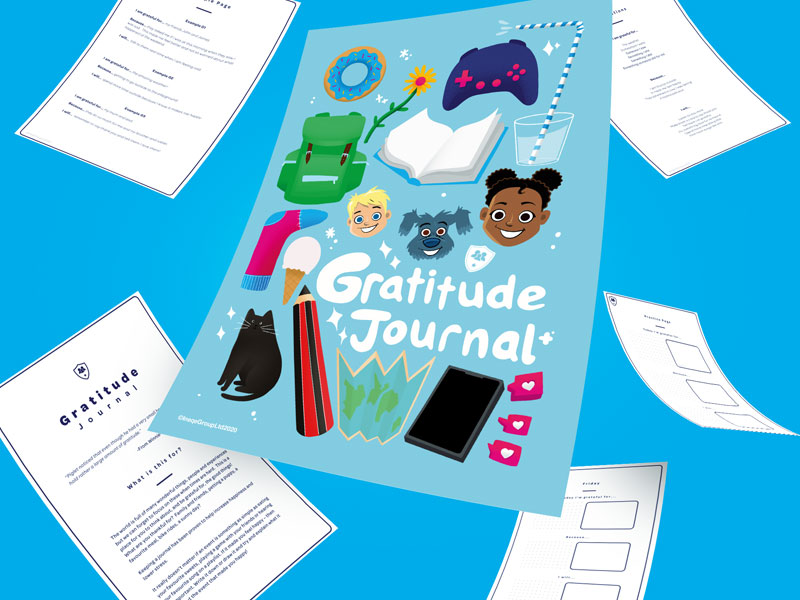As schools begin to gradually re-open, it is essential that all staff are prepared for potentially sensitive conversations that may take place. With pupils having spent a long time at home and out of school, many teachers have expressed concern about the needs of pupils once they return.
It is important that staff feel prepared and confident to support their pupils. We have put together some advice for having supportive conversations based on our guidance from the Safer Schools App.
Updated policies and procedures
All staff must have read and understood any new policies and procedures. It is vital that they understand how to support pupils who have been affected by the pandemic, the referral process and what support exists for their own health and wellbeing.
Follow these steps to having supportive conversations.
For more information on handling disclosures, download our Safer Schools App.
Once the conversation has ended, make sure to follow your schools’ procedures, whether that involves making a record of the conversation or making a referral to the appropriate person. If you think a child is at risk of immediate harm, please contact the police by calling 999.
If you need further support speak to your Safeguarding Lead.
Download our guide to having a safeguarding conversation.
Do you receive our Safeguarding Alerts?
Receive regular updates to help you safeguard children in a digital era.










